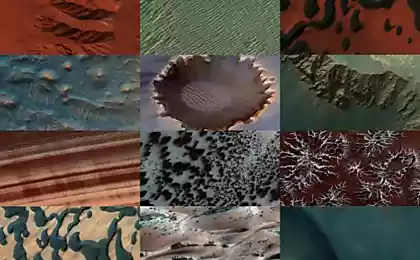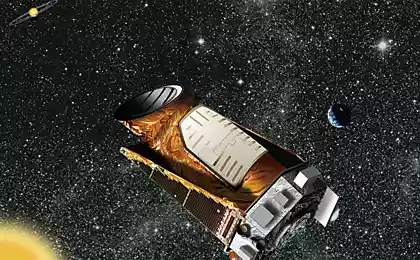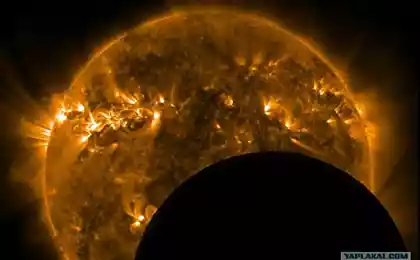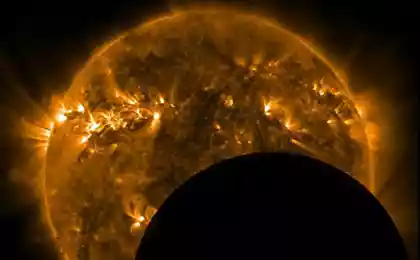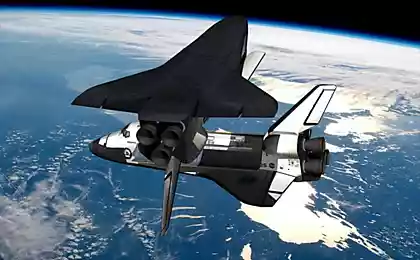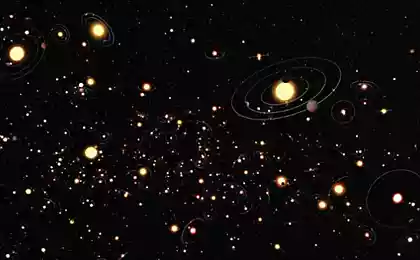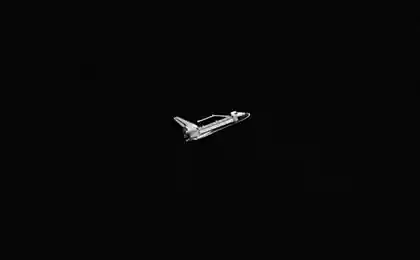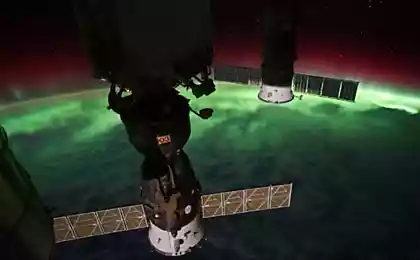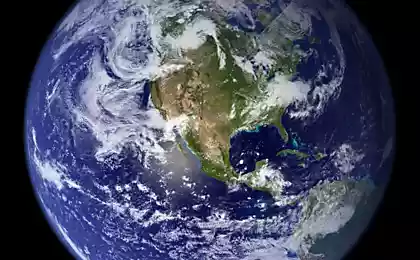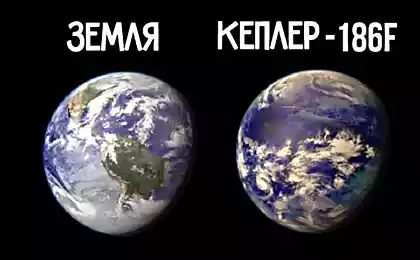981
Planet Kepler 186f - Earth's twin
This week it was announced the discovery of planets similar in climate and structure of the Earth. Slightly larger, somewhat cooler, and is located in our galaxy at a distance of 500 light years from Earth. Its diameter is about 14,000 kilometers, which is only 10% larger than the Earth. The name Kepler 186f received the title Space Telescope "Kepler" by which the planet was discovered.
Kepler 186f lies within the "Goldilocks zone" (life zones) of its stars. It means that this planet may have water in liquid form - the basis for life.
To investigate in more detail Kepler 186f is difficult, since the mass is small, and the planet is too close to its star. Discover it - is a great success.
Kepler 186f is located in the constellation Cygnus system Kepler186.
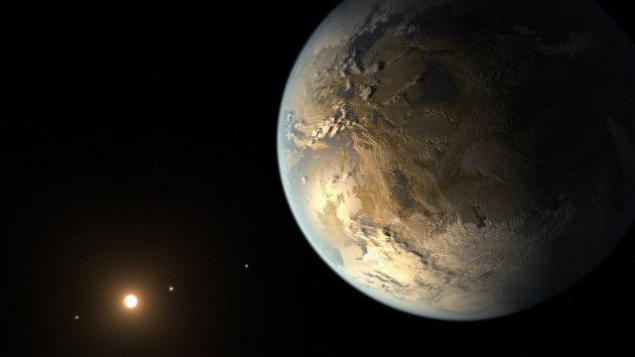
The letter «f» refers to the order of the star, meaning it five in a row. On the four other planets temperature is too high for life. But the last, the fifth planet, has almost ideal conditions, similar to the Earth.
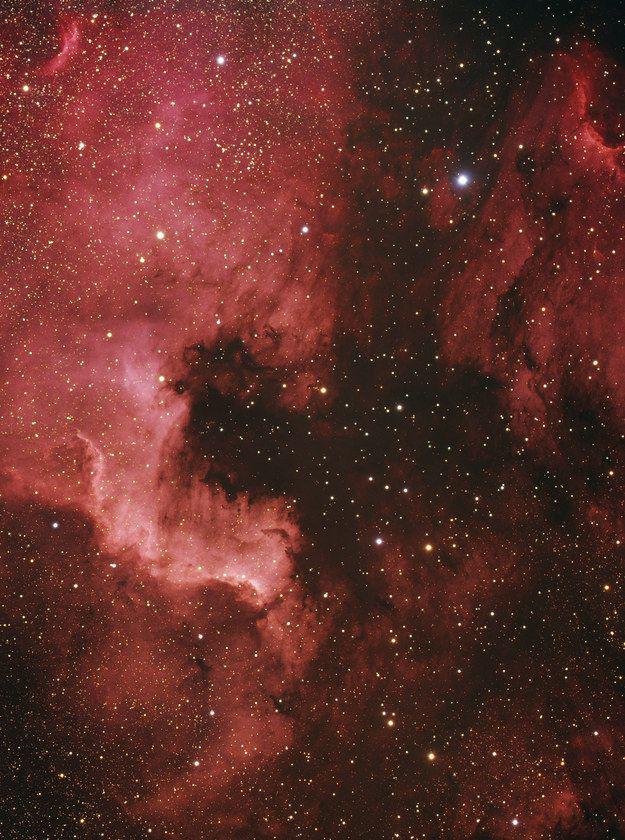
Researchers believe that Kepler 186f is made of iron, stone, ice, liquid water, but the relative amounts may vary from the earth.
One complete revolution around the star Kepler 186f does not 365 days, as the Earth, and 130 days. In addition, the outer edge of the habitable zone receives less heat, so maybe this surface will freeze.
Because of the greater mass of Kepler 186f, probably it has a dense atmosphere. This makes it possible to absorb the energy of the planet from its star more efficiently, avoiding freezing.
Astronomers can not say the exact age of a star, but such dwarfs as Kepler 186, are the most long-lived stars in the universe. If Kepler 186f is habitable, life would appear there billions of years ago.
However, these dwarfs are the most common type of star in the galaxy. Astronomers hope that the twins of the Earth are numerous and some of them are close enough to determine the temperature, mass and composition of the atmosphere.
www.youtube.com/watch?v=RlidbLyDnPs
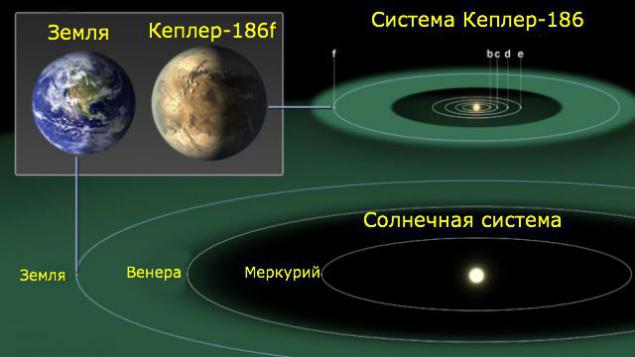
Source: www.nytimes.com
Kepler 186f lies within the "Goldilocks zone" (life zones) of its stars. It means that this planet may have water in liquid form - the basis for life.
To investigate in more detail Kepler 186f is difficult, since the mass is small, and the planet is too close to its star. Discover it - is a great success.
Kepler 186f is located in the constellation Cygnus system Kepler186.

The letter «f» refers to the order of the star, meaning it five in a row. On the four other planets temperature is too high for life. But the last, the fifth planet, has almost ideal conditions, similar to the Earth.

Researchers believe that Kepler 186f is made of iron, stone, ice, liquid water, but the relative amounts may vary from the earth.
One complete revolution around the star Kepler 186f does not 365 days, as the Earth, and 130 days. In addition, the outer edge of the habitable zone receives less heat, so maybe this surface will freeze.
Because of the greater mass of Kepler 186f, probably it has a dense atmosphere. This makes it possible to absorb the energy of the planet from its star more efficiently, avoiding freezing.
Astronomers can not say the exact age of a star, but such dwarfs as Kepler 186, are the most long-lived stars in the universe. If Kepler 186f is habitable, life would appear there billions of years ago.
However, these dwarfs are the most common type of star in the galaxy. Astronomers hope that the twins of the Earth are numerous and some of them are close enough to determine the temperature, mass and composition of the atmosphere.
www.youtube.com/watch?v=RlidbLyDnPs

Source: www.nytimes.com
